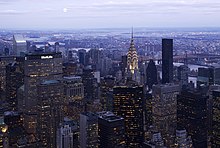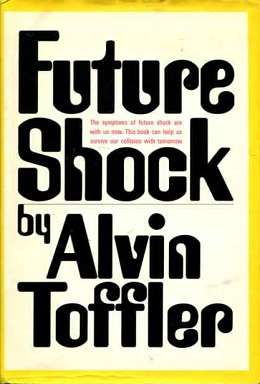Colin norris
Platinum Member
- Apr 25, 2021
- 10,427
- 4,109
- 928
- Banned
- #201
Don't tell me Newton wasn't a Jesus junkie
I never suggested he was and incidently he was an atheist. There a few quotations out there that might suggest otherwise, bu they were attributed to him by religion searching for relevance to science.





